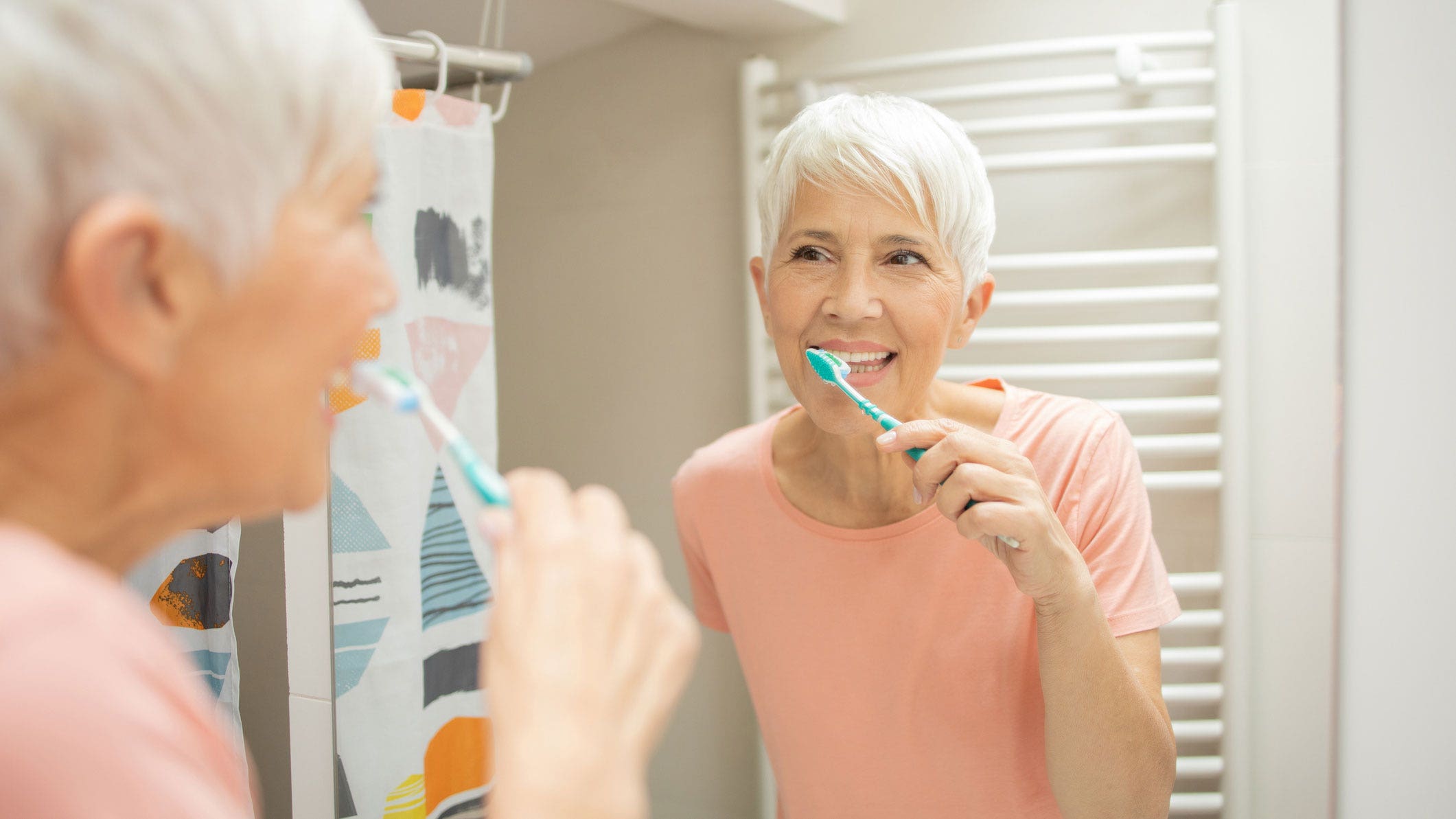Tooth loss isn’t inevitable with age: 6 ways to protect your dental health

Chemotherapy and radiation are common treatments for cancer patients, but they often come with a host of side effects. One lesser-known side effect that can affect oral health is known as “chemo mouth.” Dr. Rajiv Saini, a dentist and periodontal specialist from Katy, Texas, sheds light on this issue and shares important information on how to prevent tooth loss and maintain overall oral health.
While some may attribute tooth loss to aging, experts emphasize that it is not inevitable. According to data from the U.S. Centers for Disease Control and Prevention, around 11% of adults between the ages of 65 and 74 have lost all of their teeth. However, dental professionals stress the importance of early prevention to avoid tooth loss and its associated health risks.
One of the key factors in preventing tooth loss is maintaining gum health. About two in three adults over the age of 65 are affected by gum disease, which can lead to tooth loss if left untreated. Bleeding gums, sensitivity, and recession are all signs that indicate the need for a dental visit. Regular professional cleanings and checkups can catch gum problems early on and prevent more serious consequences.
Gum disease is not only a threat to oral health but can also contribute to systemic inflammation and increase the risk of conditions such as dementia, heart attack, stroke, and cancer. Studies have shown a link between gum disease and various health risks, highlighting the importance of prioritizing gum health.
To protect gum health, experts recommend using an electric toothbrush, brushing twice daily for two minutes, and using a water flosser. These tools can help maintain oral hygiene and prevent gum disease, especially in older adults who may have limited mobility or difficulty using traditional floss.
In addition to gum health, preventing dry mouth is crucial for maintaining oral health. Saliva plays a vital role in protecting tooth enamel, but dry mouth affects nearly six in 10 older adults. Common medications can reduce saliva production, making the mouth more susceptible to tooth decay and gum disease. To prevent dry mouth, experts suggest sipping water regularly, rinsing the mouth after eating, and using dry mouth rinses like Biotene or Act.
Personalizing dental visits is also important for maintaining oral health. While the standard recommendation is a six-month checkup, some individuals may require more frequent visits, especially those with chronic conditions. Evaluating bite alignment and jaw health can uncover underlying issues that may be causing chronic discomfort, such as headaches and neck pain.
Financial constraints often prevent individuals from seeking dental care, but there are options available for assistance. Dental savings plans, local dental schools, and sliding-scale community clinics can provide affordable options for those without dental insurance.
Healthy habits, such as avoiding smoking and sugary foods, are essential for preventing tooth loss and maintaining oral health. Smoking is a major contributor to tooth loss, and sugary foods can be damaging to tooth enamel over time. Switching to sugar-free gum or candies containing xylitol can help prevent cavities and support better oral health.
For those looking to improve the appearance of their teeth, cosmetic dentistry offers options to restore vitality and confidence. Porcelain veneers can enhance the appearance of worn or discolored teeth, revitalizing the smile and overall appearance. Professional whitening treatments are also recommended for those looking to brighten their smile safely and effectively.
In conclusion, prioritizing oral health and seeking preventive care can help prevent tooth loss and maintain overall health. By following these tips from dental professionals like Dr. Rajiv Saini, individuals can protect their teeth and gums, reduce the risk of systemic health issues, and restore confidence in their smile.




